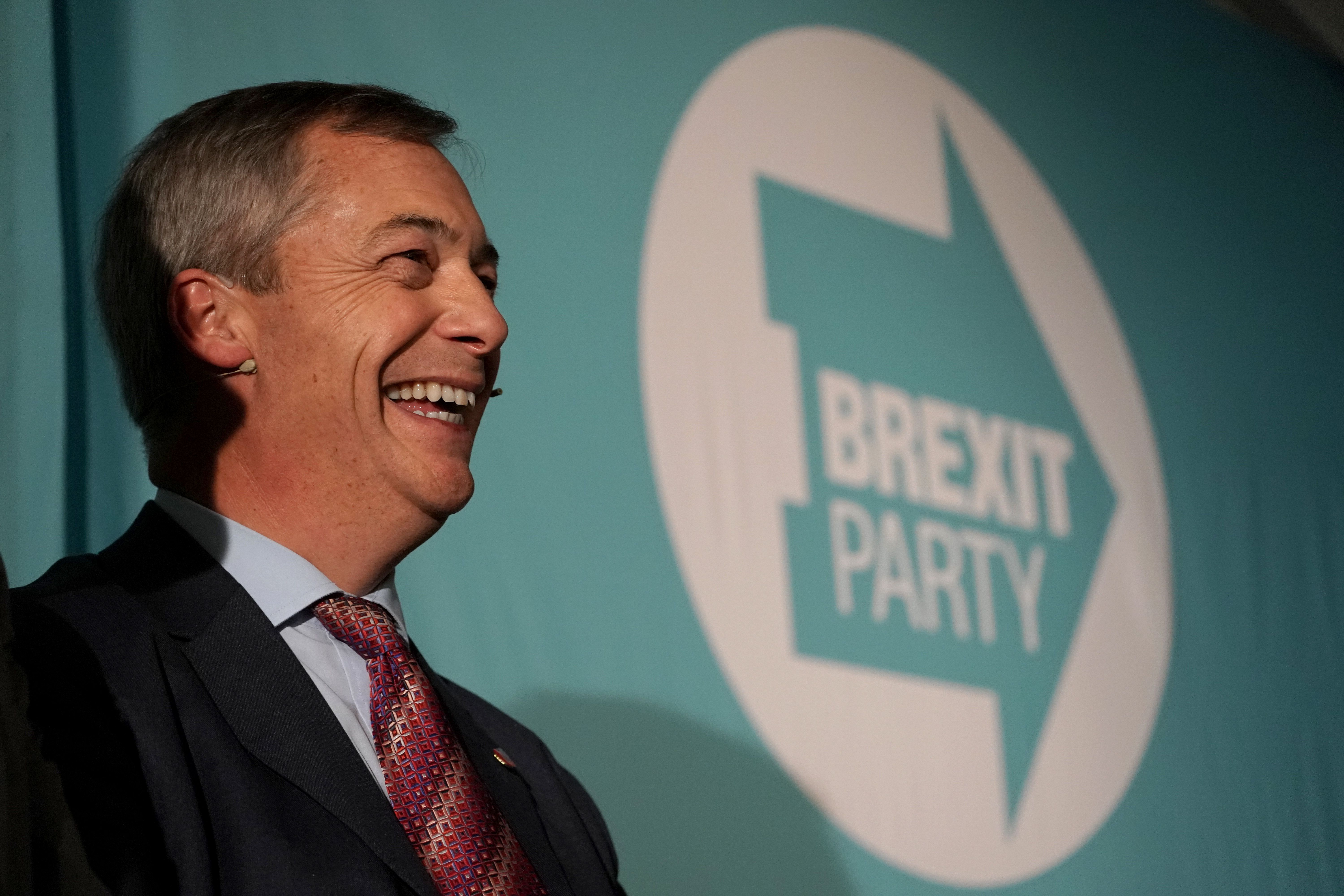More Brexit shenanigans: Britons this week saw Prime Minister and Conservative Party leader Boris Johnson endorse Labour Party leader Jeremy Corbyn in upcoming elections. As a special bonus, they got to see Corbyn return the favo(u)r with a formal endorsement of Johnson. Most viewers in the UK will have understood immediately that these are the latest example of "deep fakes," digitally manipulated video images. The more important Brexit story this week is a pledge by Nigel Farage that his Brexit Party will not run candidates in areas held by the Conservatives in upcoming national elections. That's a boost for Johnson, because it frees his party from having to compete for support from pro-Brexit voters in those constituencies.
Spain's leftward lurch: After coming up short of a majority in last weekend's elections, Spain's caretaker Prime Minister Pedro Sanchez of the Socialist party has been looking for a governing partner. Now, in a move that would bring the far-left into Spain's government for the first time since Ernest Hemingway's days, he's struck a deal with the left-populist Unidas Podemos. It's an awkward tie-up between two former rivals, but both see it as the best way to contain the surge of the far-right Vox party, which doubled its seat count in the election last Sunday. The Socialist-Podemos coalition would need the support of some smaller regional parties to stick – we're keeping an eye on the horse trading before parliament reconvenes next month.
A prisoner swap in Afghanistan: The Afghan government announced on Tuesday that it would release three Taliban leaders in exchange for an American academic and an Australian colleague who were snatched from a Kabul university campus in 2016. Details of the swap have yet to be publicly announced, but we're watching this story to see if it creates an opening for the resumption of peace talks between the US and Taliban that President Trump declared "dead" in September.
Lula unbound: Last week Brazil's Supreme Court ruled the popular former left-wing president Lula da Silva can go free from jail while he appeals his conviction on corruption charges. His release jolts an already deeply polarized country: ahead of last year's presidential election, Lula led the polls but couldn't run because of his conviction, which supporters saw as a political hit job. Lula can't run for president in 2022 unless he gets his conviction cleared, but he has pledged to mobilize Brazil's left and sweep Bolsonaro from office. The political divides in Brazil are as bitter as anywhere in the world: we're watching to see how much uglier things get now.
What We're Ignoring:
If Mark Sanford falls in the woods…Former South Carolina governor Mark Sanford has dropped his bid for the 2020 Republican Party nomination.
